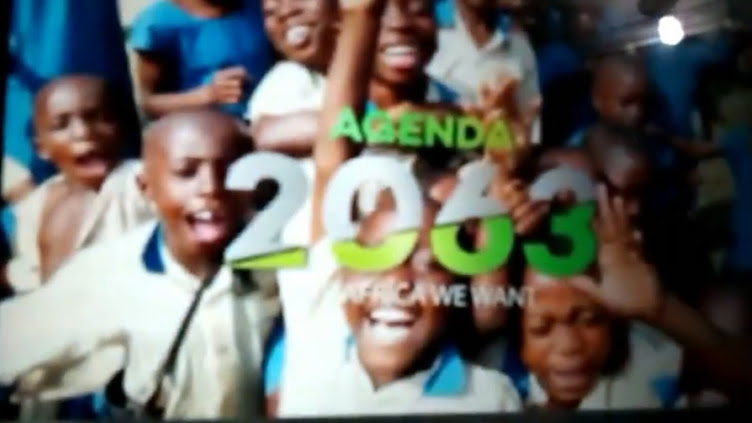The AfDB has responded to the just-ended Tangiers conference on peace, security and development nexus by launching a report unpacking *Security, Investment & Development* 👇🏿
The report highlights several significant issues such as:
*Insecurity on the rise:* The report finds that incidences of conflict and violence are on the rise in Africa. _*In the last twenty years, more than 469,000 people lost their lives due to conflicts and human insecurity*_. In 2021, more than 18,000 conflicts affected the continent and the number of refugees and Internally Displaced Persons (IDPs) reached 32 million.
*Government response*; implication for development budgets: Governments are responding to insecurity _*by increasing budgetary allocation to security spending*_. Military expenditure in Africa was an estimated US$39 billion in 2021[based on data from 48 countries], 7 percent higher than in 2018 and 16 percent higher than in 2011. Over the past decade, the biggest percentage increases in military expenditure occurred in the Sahel countries of Mali, Burkina Faso, and Niger. Countries with large development needs are allocating a large share of their GDPs to military expenditure, undermining prospects for attaining the UN Sustainable Development Goals and the targets of Agenda 2063.
*Fiscal implications of multiple crisis:* Many countries are faced with multiple crisis _*imposed by conflict, climate change, and COVID-19*_. These countries are dealing with recurrent public financing deficit, ballooning debt levels and limited private capital to bridge their domestic financing needs. The dilemma of allocating scarce resources to mitigate against these crises is putting immense pressures on fiscal balances, threatening debt sustainability, and adversely affecting people and livelihoods.
*Spillover risks:* The report presents the risks of _*cross-border spill overs both in terms of conflict and their consequences*_. Fourteen African countries that have a current conflict situation _*share 80 land borders with other African countries*_. Due to these spill-over risks, conflict in a few African countries undermines the continent's competitiveness as a destination for trade and investment.
*Inadequate resources and uncoordinated approaches:* While development partners present opportunities for building peace in the continent, _*the lack of a coherent strategy and limitations in both resource availability and their predictability have constrained progress and sustainability*_.
Findings of the study are already informing the Bank's engagements with the African Union, member countries of the Bank Group, development partners and other key stakeholder, *to explore the Security-Indexed Investment Bonds ("SIIBs") initiative*. The initiative plans to mobilize adequate scalable, adaptable, and flexible resources to effectively address the root causes of insecurity, enhance the capacity of formal institutions, build communities' resilience, and rehabilitate communities and infrastructure adversely impacted by insecurity.
The report will complement the Bank's engagements in fragile and conflict affected situations and the work of African Union's Peace and Security Architecture.
"The African Development Bank Group remains committed to working with the African Union, the Regional Economic Communities, development partners, governments, the private sector and civil society organizations to mobilize the resources needed to help address Africa's development and regional integration challenges," N'Sele said..
Contact:
Amba Mpoke-Bigg, Communication and External Relations Department, email: a.mpoke-bigg@afdb.org
